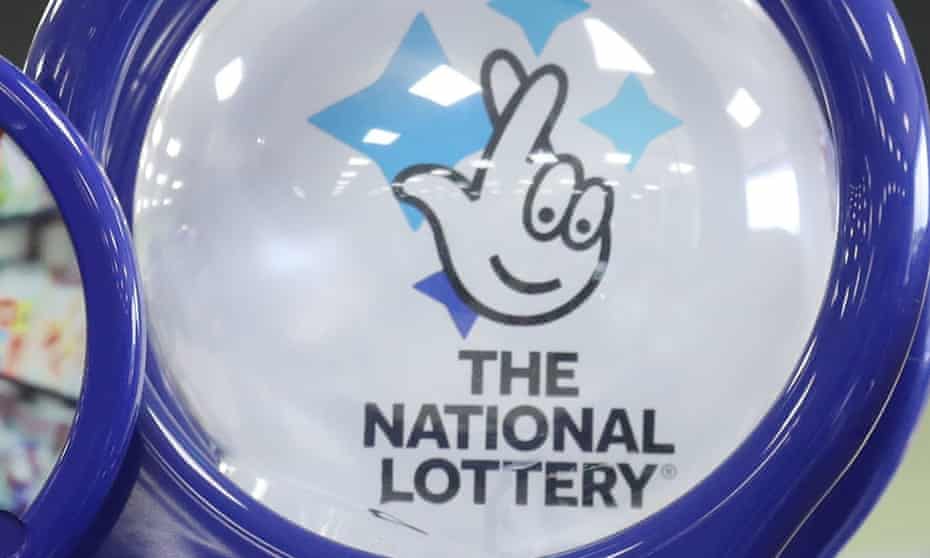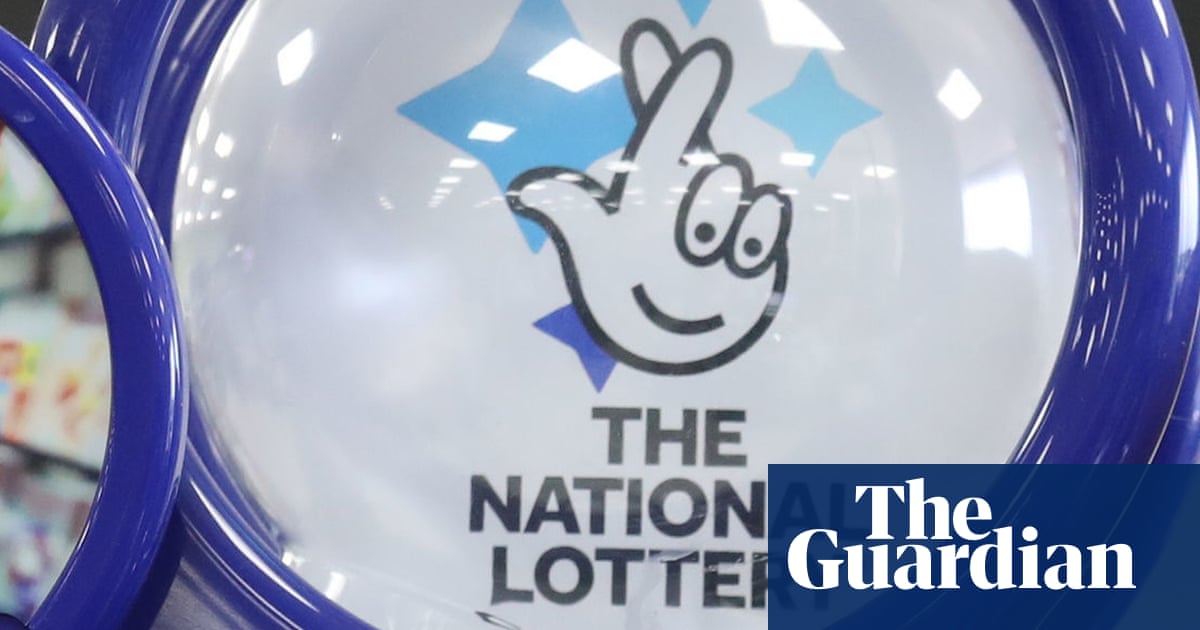MPs criticise lottery operator Camelot over problem gambling
App-based games put vulnerable people at risk and limit money given to good causes, say critics

A cross-party group of MPs has called for ministers to consider action against the national lottery operator, Camelot, arguing a move towards app-based games rather than traditional draws risks worsening problem gambling and reducing the amounts given to good causes.
The move from Conservative and Labour MPs comes after Camelot’s most recent results showed that two-thirds of sales growth in 2020 and 2021 came through so-called instant win games, primarily online, a process in part caused by Covid lockdowns. Overall, mobile sales rose from £1.606bn in 2020 to £2.482bn in 2021.
Ministers have previously expressed concern that the lottery’s shift towards more online games could become “a gateway to problem gambling”, with the minimum age for taking part increased this year from 16 to 18.
The MPs said that 9% of proceeds of instant win games, comprising scratchcards as well as online games, go to community causes, against 31% of draw-based game sales. They said the proportion of overall sales contributed had fallen from 28% in 2012-13 to 21% in 2020-21.
Camelot, which is bidding to keep the lottery licence it has held since it began in 1994 beyond 2023, rejects the criticism, saying the growth of online sales also includes traditional draws bought via the app, and is part of a wider shift in gambling patterns. It also notes that overall sums given to good causes have continued to increase, and argues its record on problem gambling is good.
But Alexander Stafford, the Conservative MP for Rother Valley and one of seven “red wall” Tories who have previously warned about Camelot’s business model, said it was “time to get someone in who can run the national lottery properly and who can be more true to its founding values”.
He said: “People trust the national lottery as a brand and want to get behind its charitable mission statement. But these controversial instant win games are herding people towards a more dangerous form of gambling, putting vulnerable people at risk.”
Camelot’s annual report, released in June, hailed the growth in app-based sales due to a new home screen “with personalisation, leveraging machine learning to serve more relevant games to players based on their play behaviour”, noting also “increased traffic to the digital channels due to Covid-19”.
Carolyn Harris, the Labour MP who chairs the all-party group on gambling-related harms, said ministers should intervene to change Camelot’s approach.
She said: “This beggars belief, particularly in a year when many people have struggled and charities are crying out for funding. That so little money from the lottery is going to charity is sickening and the government must see to it that this cannot happen again.”
A Camelot spokesperson said app-based games had existed since 2015, with sales growing in line with wider trends, and that app-based gaming had increased generally amid the pandemic restrictions, given that fewer people went to shops.
They said: “By giving people a choice of safe and enjoyable games that they want to play, by making those games attractive and generous to players, and by enabling people to play in ways that suit them best, we’re generating record monetary returns to good causes from ticket sales, record prize money to players and record payments in lottery duty to the Treasury – all in a responsible way.”
The Gambling Commission, which regulates the lottery, argues that app-based games need a higher return of prizes than draws to attract players, and that it was more important that the overall sum given to good causes was increasing. It says it is satisfied that Camelot’s games are comparatively low risk.
The Canadian-owned Camelot faces competition from three other would-be lottery operators to take over the licence from 2023: the Czech-owned Sazka Group, which runs lotteries in its home country as well as Greece, Italy and Austria; the former Daily Express owner Richard Desmond; and Sisal, which has operations in its native Italy as well as Spain, Morocco and Turkey.
